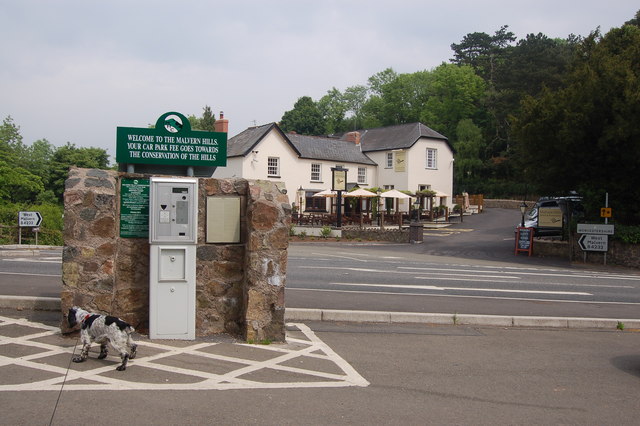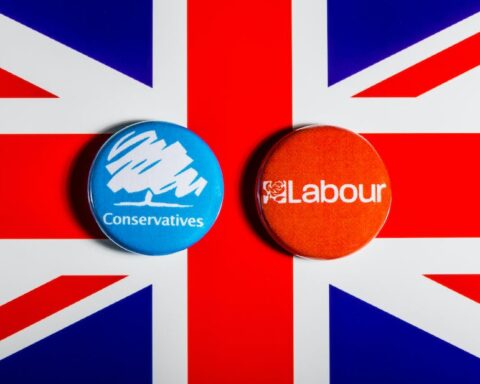Keep Parking Fair is warning that a proposed Private Parking Code of Practice for private car park operators will cause parking chaos, reward irresponsible drivers, and lead to millions more motorists ending up in court every year. The private parking industry body is aghast at proposals to lower the cost of a parking charge notice (PCN) to just £50 – reduced to £25 if paid within 14 days – saying that level is not high enough to be an effective deterrent, and will be seen at many locations as a cheap days’ parking by drivers prepared to abuse the system. The current maximum charge is £100, or £60 if paid within 14 days, a level the industry says is effective and therefore should not be changed.
The proposals also involve banning private parking operators from using debt recovery services, meaning anyone who refuses to pay a PCN after having any appeal dismissed will instead be taken straight to court. Based on the current number of cases in debt recovery, this amounts to some additional three million County Court Judgement filings every year, Keep Parking Fair says.
The new Private Parking Code of Practice has been developed by the Department for Levelling Up, Housing and Communities (DLUHC) and aims to reduce the number of PCNs issued. However, it was withdrawn in February following a successful Judicial Review brought by a consortium of private car parking operators. Now Ministers are now planning to reinvigorate it via a fresh public consultation process, with a start date yet to be announced.
A Keep Parking Fair Spokesperson told Parliament News: “99.77% of drivers park responsibly and don’t get parking tickets, which rather proves the current system is working. Yet, inexplicably, the Government is siding with the 0.23% of motorists who park irresponsibly, often causing misery for others, and is set to penalise reputable private parking operators for no sensible reason. This is poorly made policy that simply hasn’t been thought through. If you wanted to create a ‘Wild West’ parking scenario at hospitals, airports, railway stations, shops, supermarkets, and pubs, for example, as well as clog up the County Courts indefinitely, this would be the correct way to go about it”.
Keep Parking Fair argues the policies DLUHC wants to take forward will have the opposite effect to that intended – more reckless parking, more PCNs being issued, and more motorists ending up with reduced credit scores. Drivers would also find it harder to find a parking space as non-payment or overstaying becomes a risk worth taking, and businesses would suffer loss of income as their regular turnover of available parking spaces reduces. Because the days of the ‘cowboy clamper’ are long gone – it has been an offence for a private parking operator to clamp or tow away a vehicle since the 2012 under the Protection of Freedoms Act – and all operators must sign up to strict Codes of Conduct prescribed by either the British Parking Association or the International Parking Community before they can access DVLA data, Keep Parking Fair claims “the Government is taking a sledgehammer to crack a nut”. “The system is no longer broken, so we can’t understand why the Government is trying to fix it,” their spokesperson said.
Keep Parking Fair have produced a briefing paper for MPs on the issue, which notes Local Authorities in England and Wales have long lobbied to increase their PCN charges to the same £100 level as the private parking sector. Councils have had their charges capped at £50, reduced by 50% if paid within 14 days, since 2004, and most agree this is not a sufficient financial deterrent. In the past few weeks, the Scottish Government has admitted problems arise when parking fines are set too low and from 1st April is increasing the local authority PCN tariff to £100. The move follows a consultation in which 70% of respondents said fines needed to increase to be effective, and of the 18 Scottish local authorities that responded to the consultation, 100% said they believed they should be increased. Westminster, however, appears to be wading in the opposite direction to the tide.





